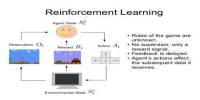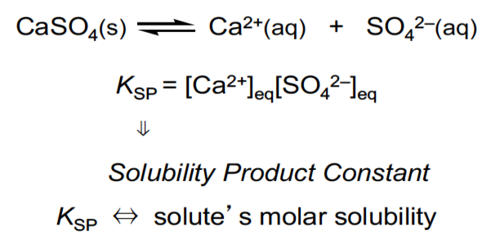Taking the time to reflect on your values before engaging in communication with others can lead to happier relationships. The idea is that by being aware of your own values and motivations, you are better equipped to communicate in a way that aligns with those values and builds stronger, more positive relationships.
Have you ever been driven to speak to everyone who will listen about a circumstance in which you were furious? Maybe it’s time to pause; inhale and reflect on what values you hold dear.
In a recent interdisciplinary study, psychologists at the University of Bath and philosophers and linguists at Cardiff University discovered that thinking about one’s own values before a discussion can increase one’s readiness to listen to others and engage in civil discourse.
For the study, the research team recruited 303 participants. The participants were divided into small groups and instructed to debate the advantages of levying tuition fees on education. Half were initially asked to write on the life values they thought were significant before the debate. All discussions were recorded, coded, and analyzed.
The analysis showed that the process of reflecting on values first inspired people’s “intellectual humility” (their awareness of their own fallibility and openness to others’ views): 60.6% of participants who did this task demonstrated more humility than the average person who was not given this task.
The researchers contend that their findings provide cause for optimism in a world that seems to be becoming further away and where perspectives are becoming more diametrically opposed. They surmise that conversations online and offline may be far more amicable if people took the time to stop and consider the values that are important to them.
The good news from this study is that the vitriol we often see perpetuated online does not have to be that way. By presenting participants with an opportunity to reflect on their values, we found a marked improvement in how they engaged with discussions.
Professor Greg Maio
Co-lead for the study, Dr. Paul Hanel who conducted the research at the University of Bath but is now based at the University of Essex explained, “We are often told that we live in a polarized world where having the ‘wrong’ view about topics will get you shouted down before you have had a chance to finish.”
“This research suggests that polarization might be exaggerated and that by pausing to reflect on personal values before engaging in these kinds of conversations, our interactions could become more harmonious.”
Previous studies conducted by a team from the University of Bath in 2019 revealed that, contrary to what is frequently reported in the media, people are actually far more similar in their ideas and values. The work forms part of a wider project all about “Changing Attitudes in Public Discourse,” led by Cardiff University.
Co-author, Professor Greg Maio, Head of the Department of Psychology at the University of Bath added, “The good news from this study is that the vitriol we often see perpetuated online does not have to be that way. By presenting participants with an opportunity to reflect on their values, we found a marked improvement in how they engaged with discussions.”
“In the future, we would like to see if this kind of value reflection also works online, to encourage less arrogant dialogue among social media users. We would certainly be interested in sharing our findings with social media developers and others.”
Co-author, Professor Alessandra Tanesini, a philosopher at Cardiff University adds, “Our research shows that strategies promoting virtuous attitudes by means of value affirmation improve people’s ability to learn from each other. Ours is an intervention whose implementation in schools and universities can also make an important pedagogical contribution to students’ education.”
The study is published in the journal Royal Society Open Science.
















